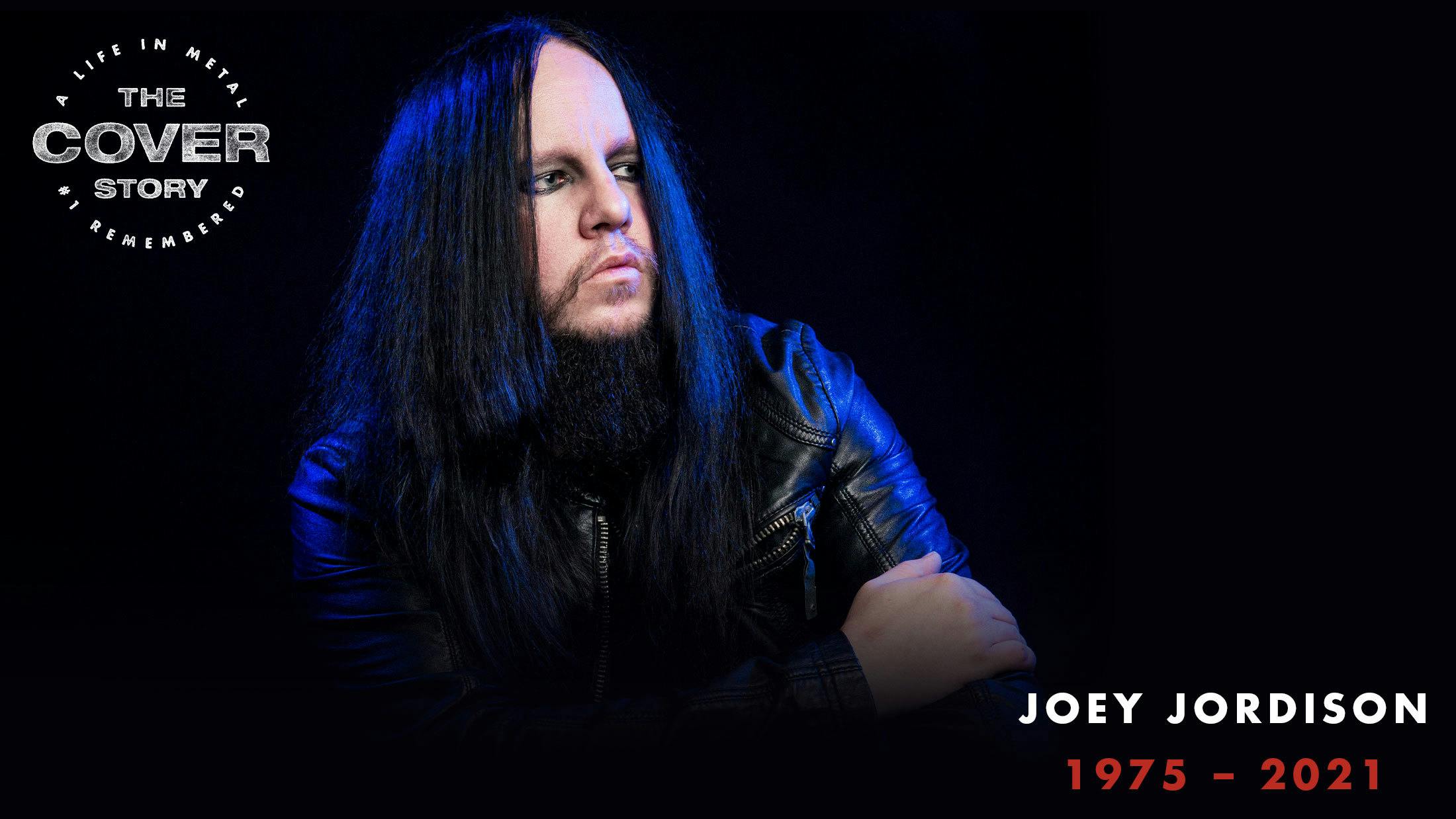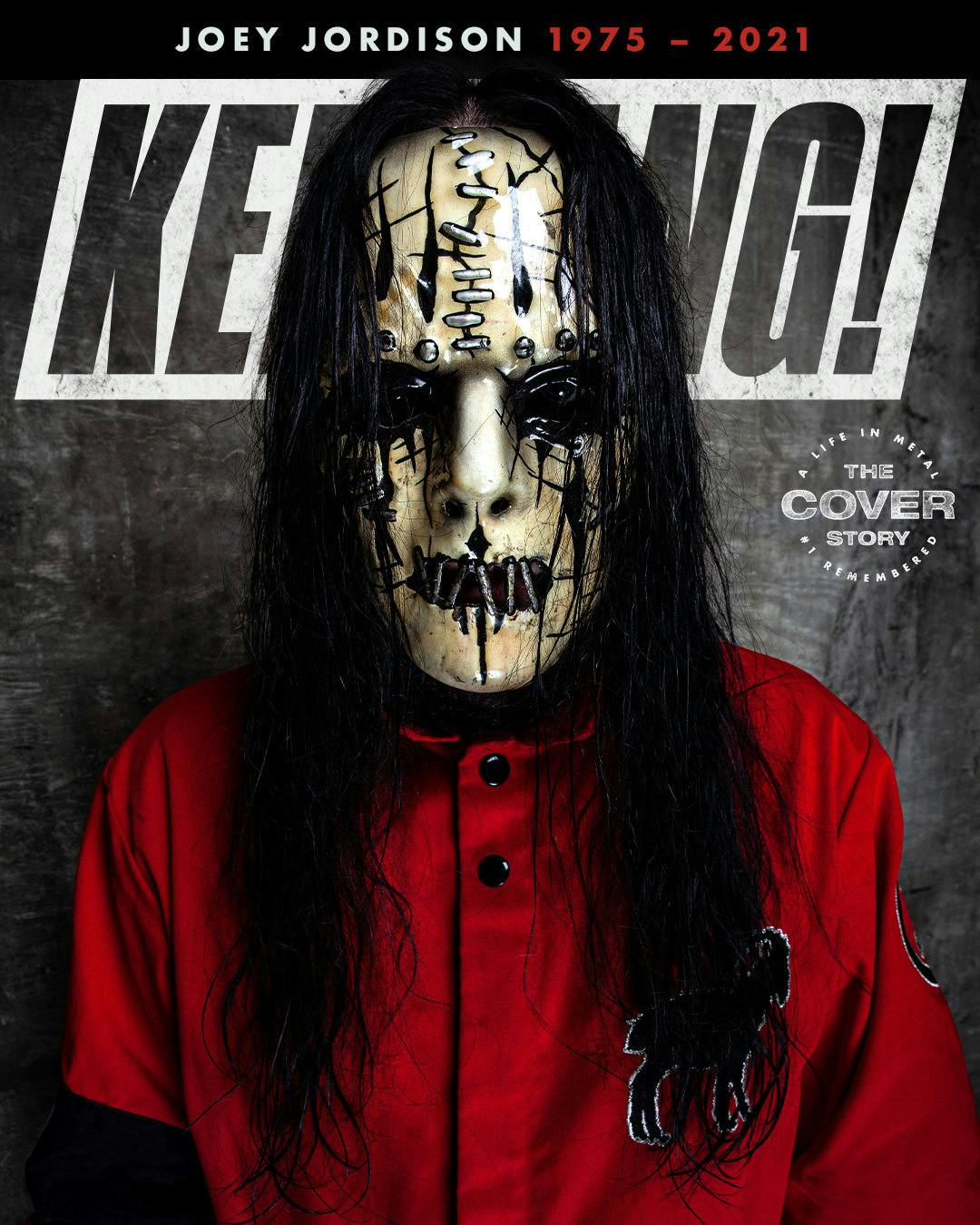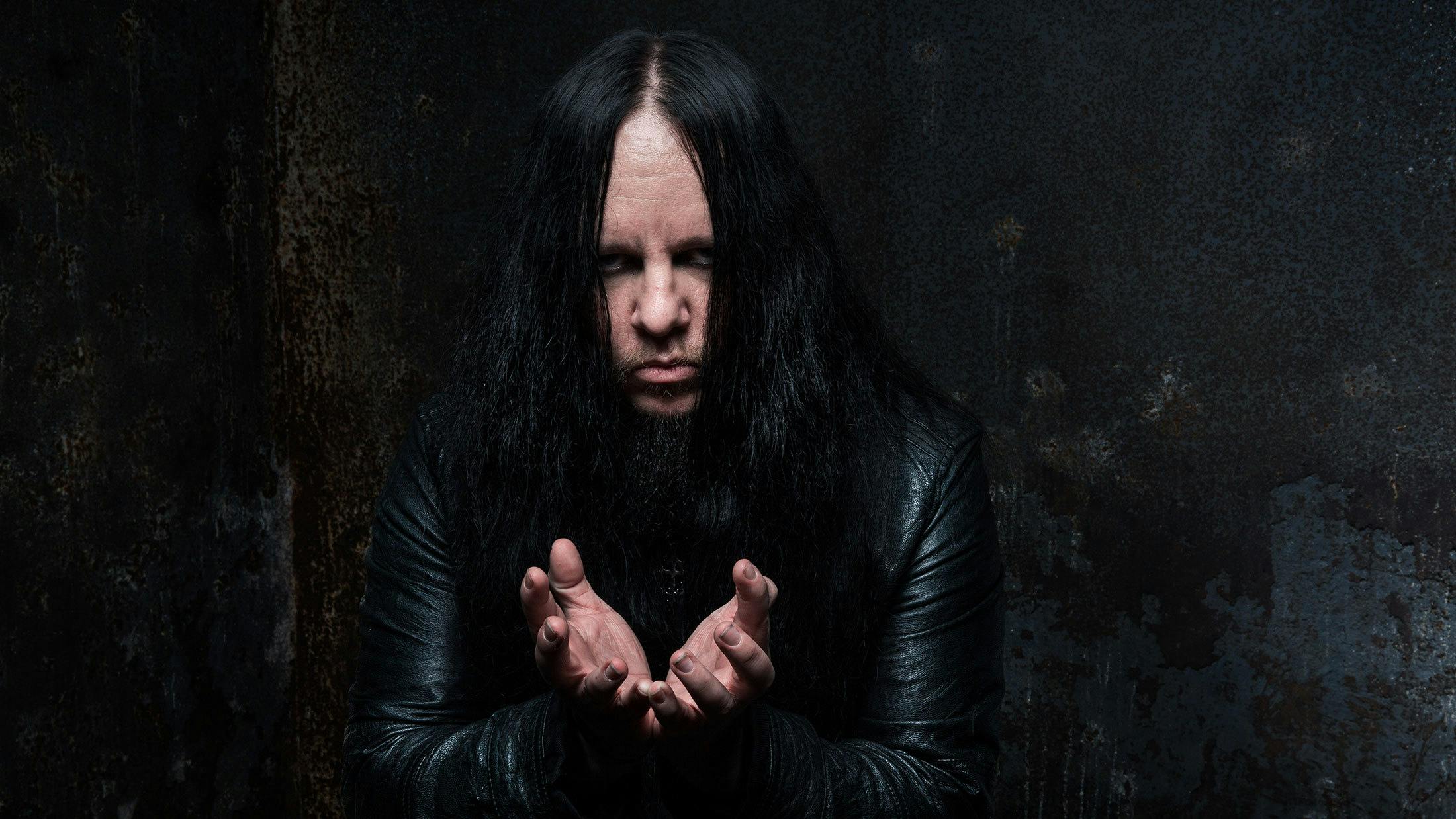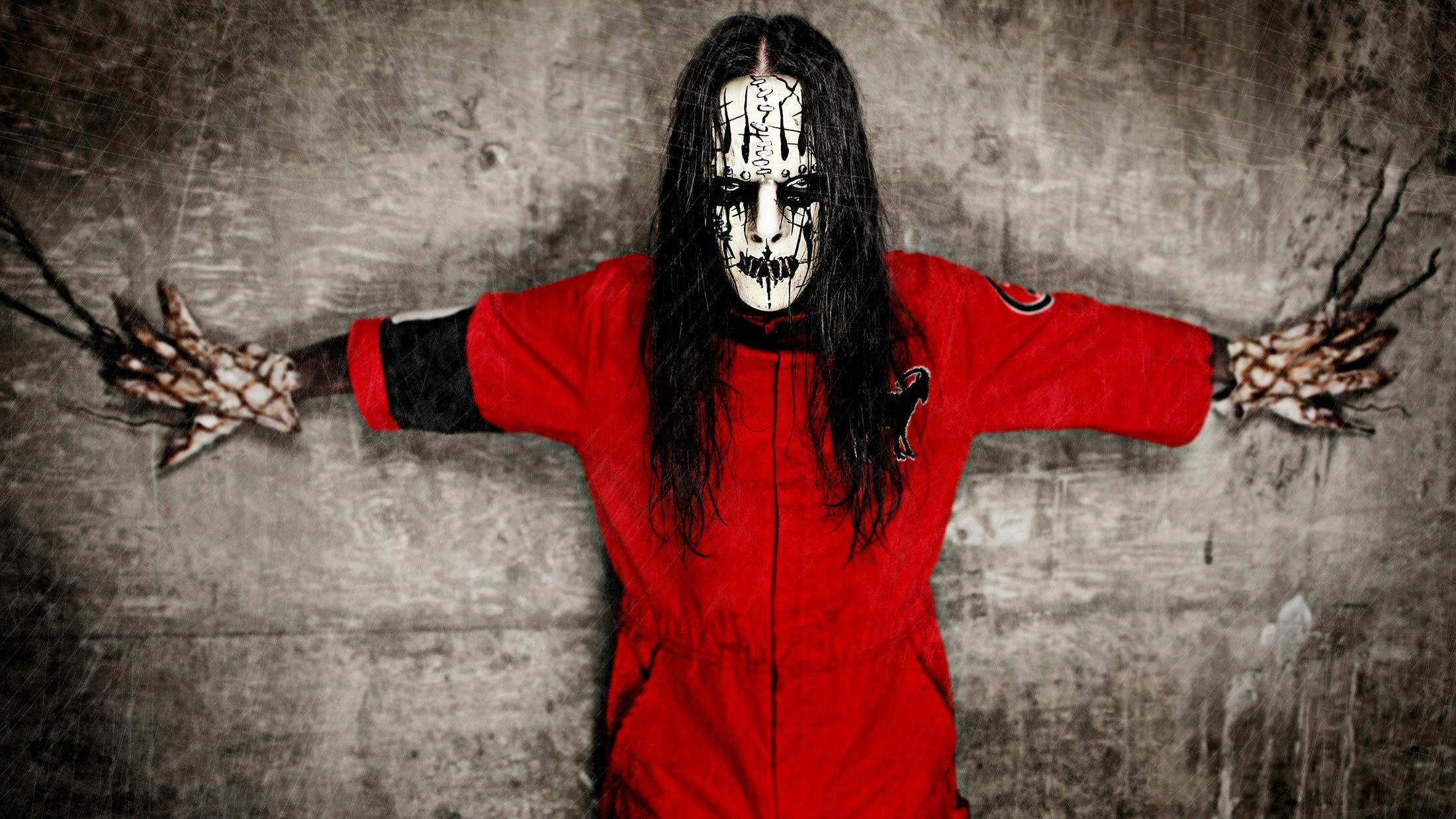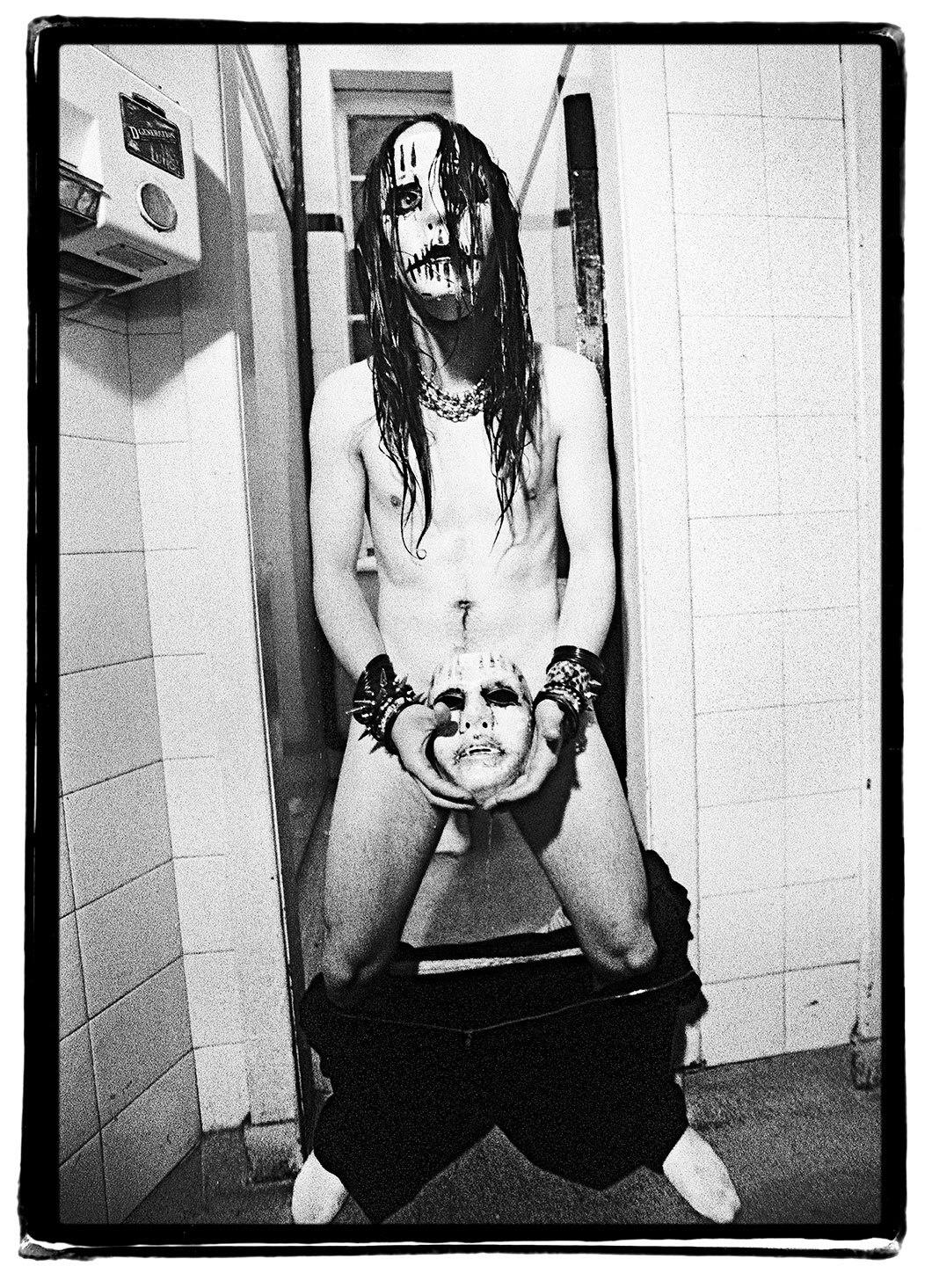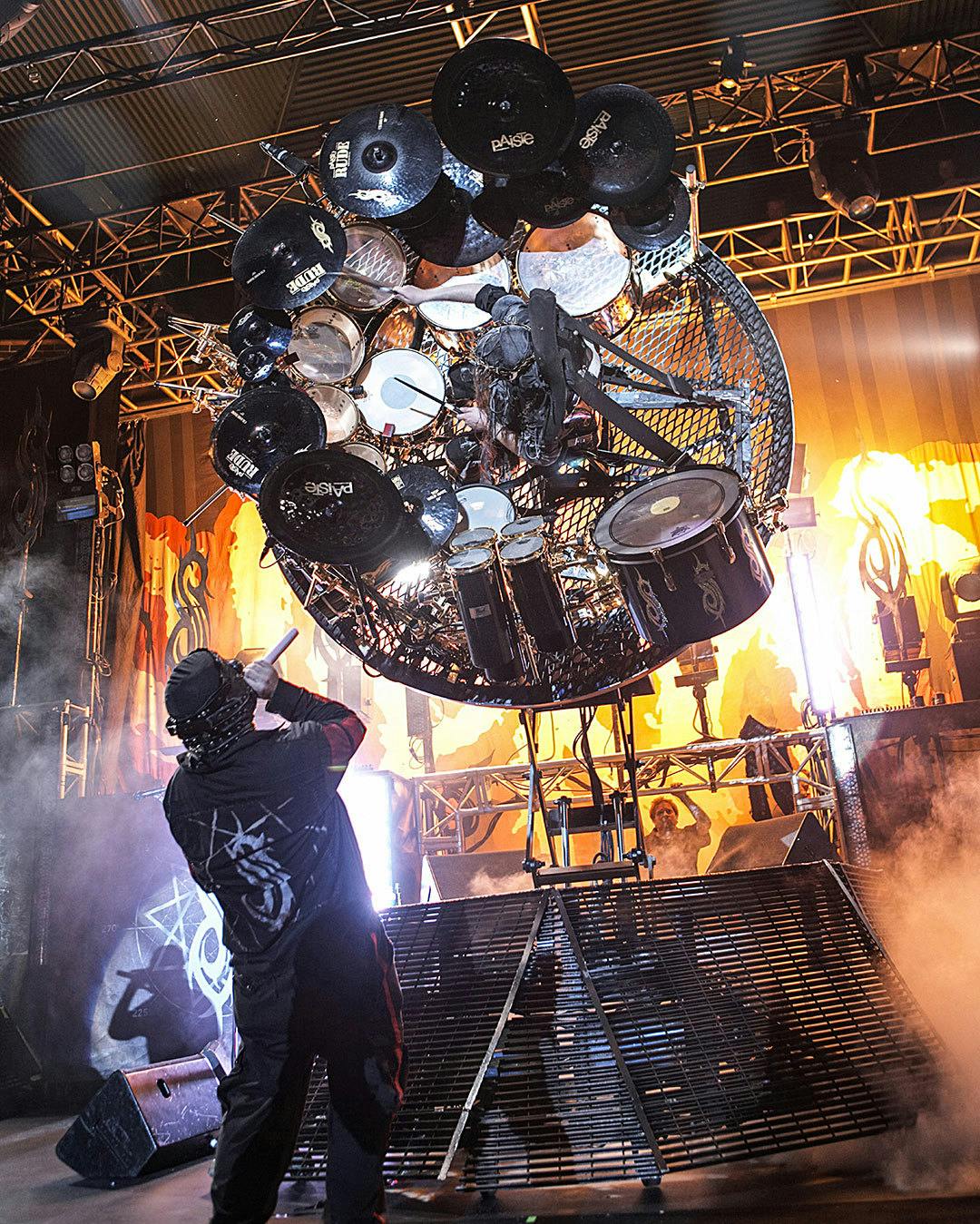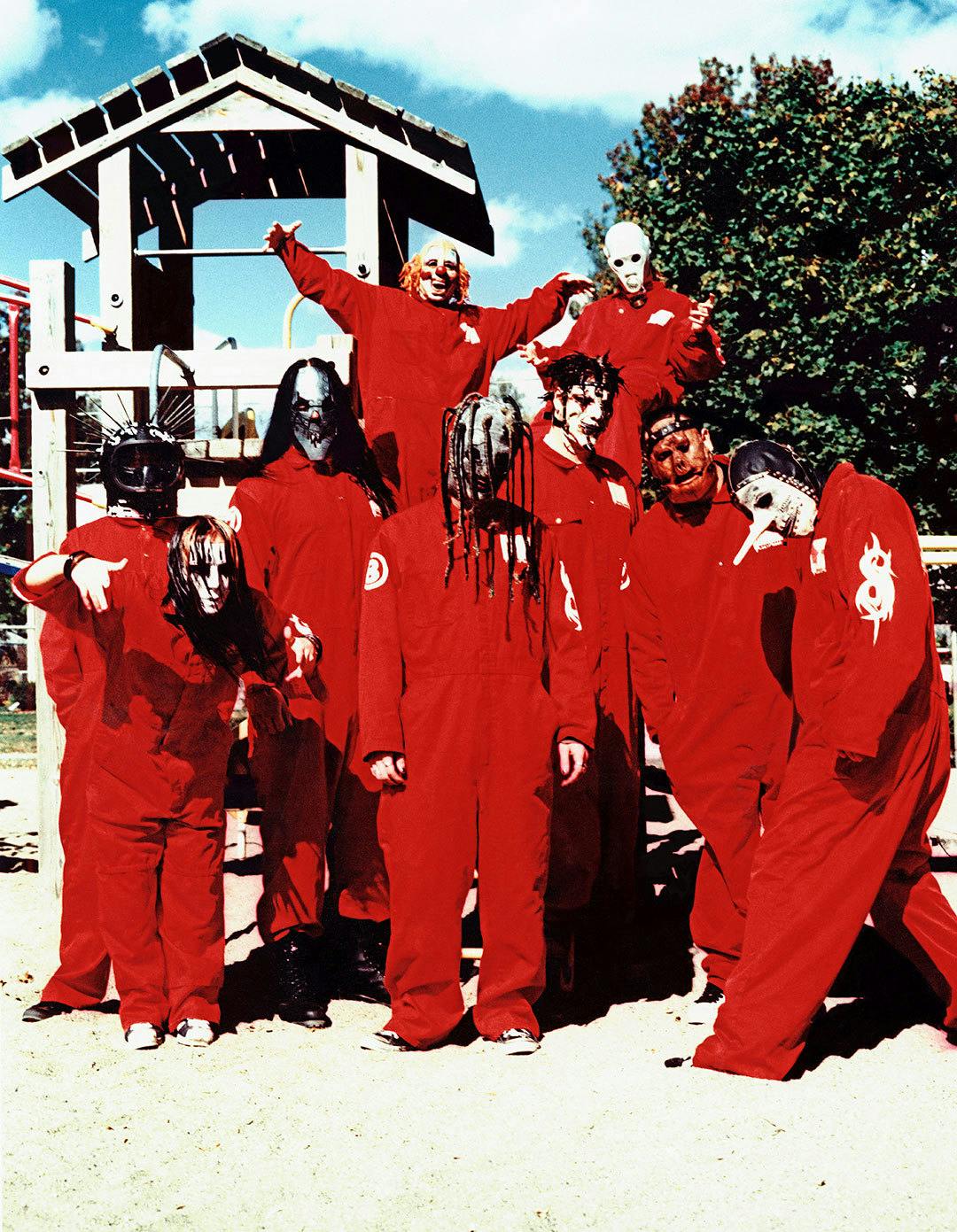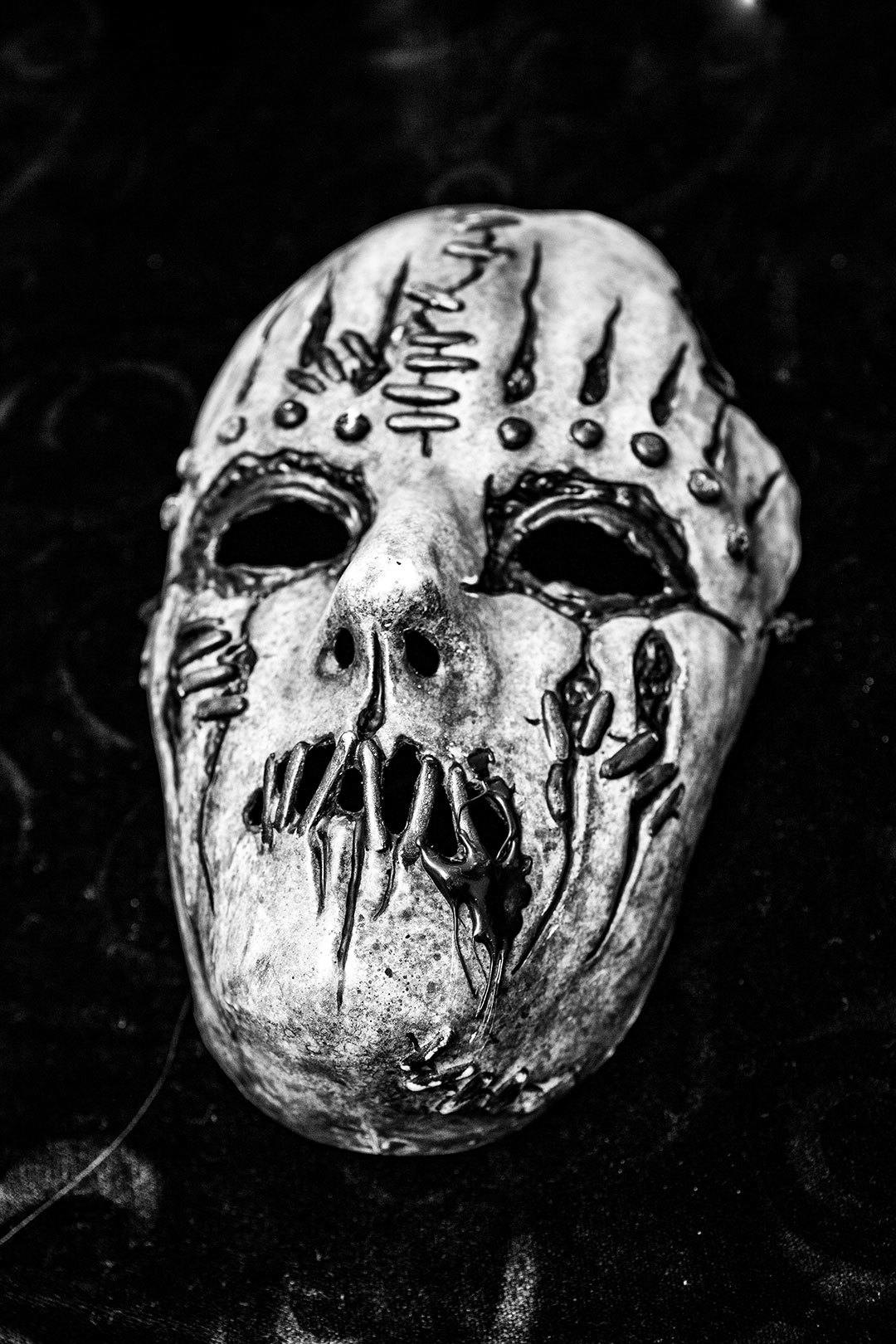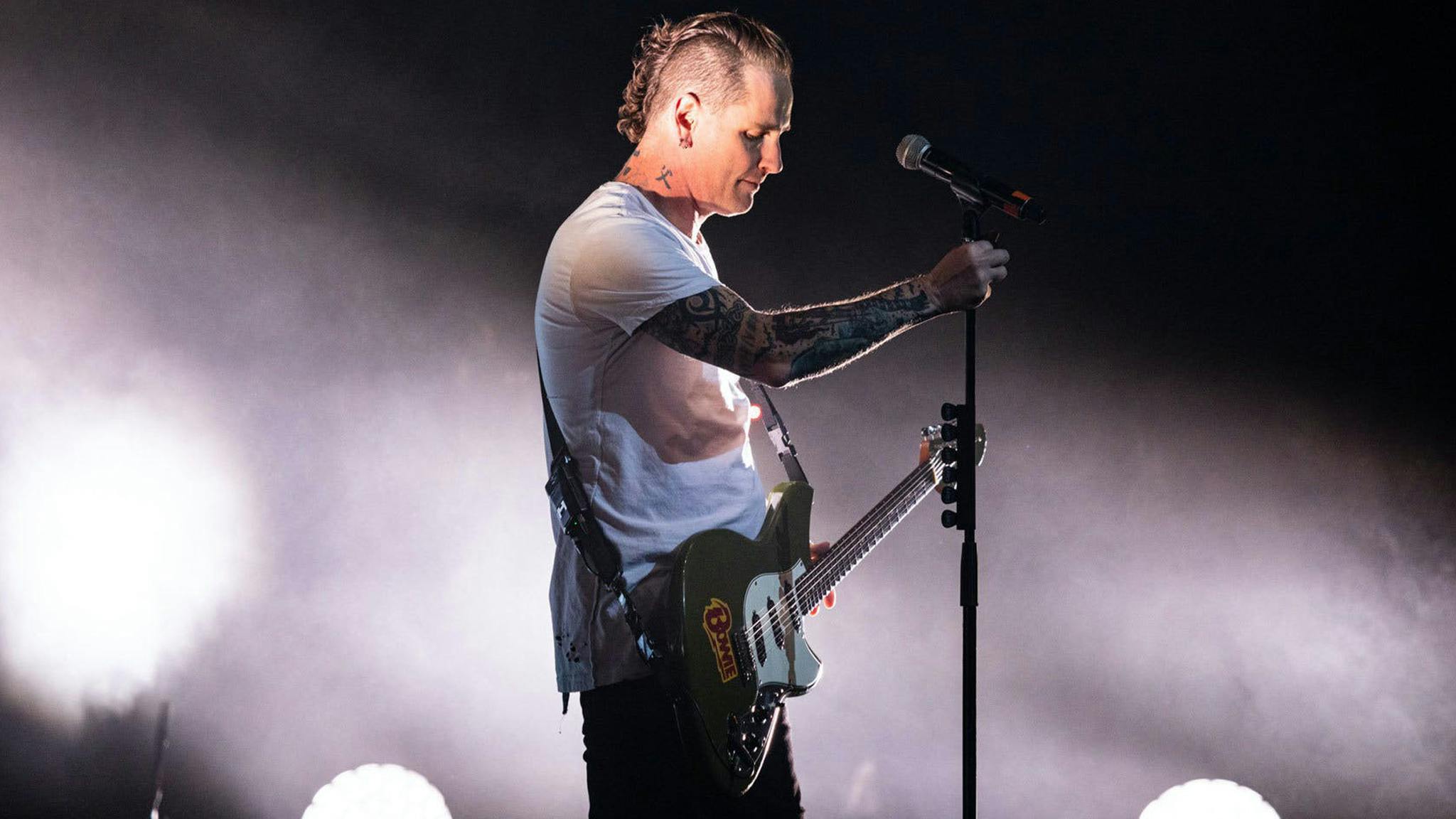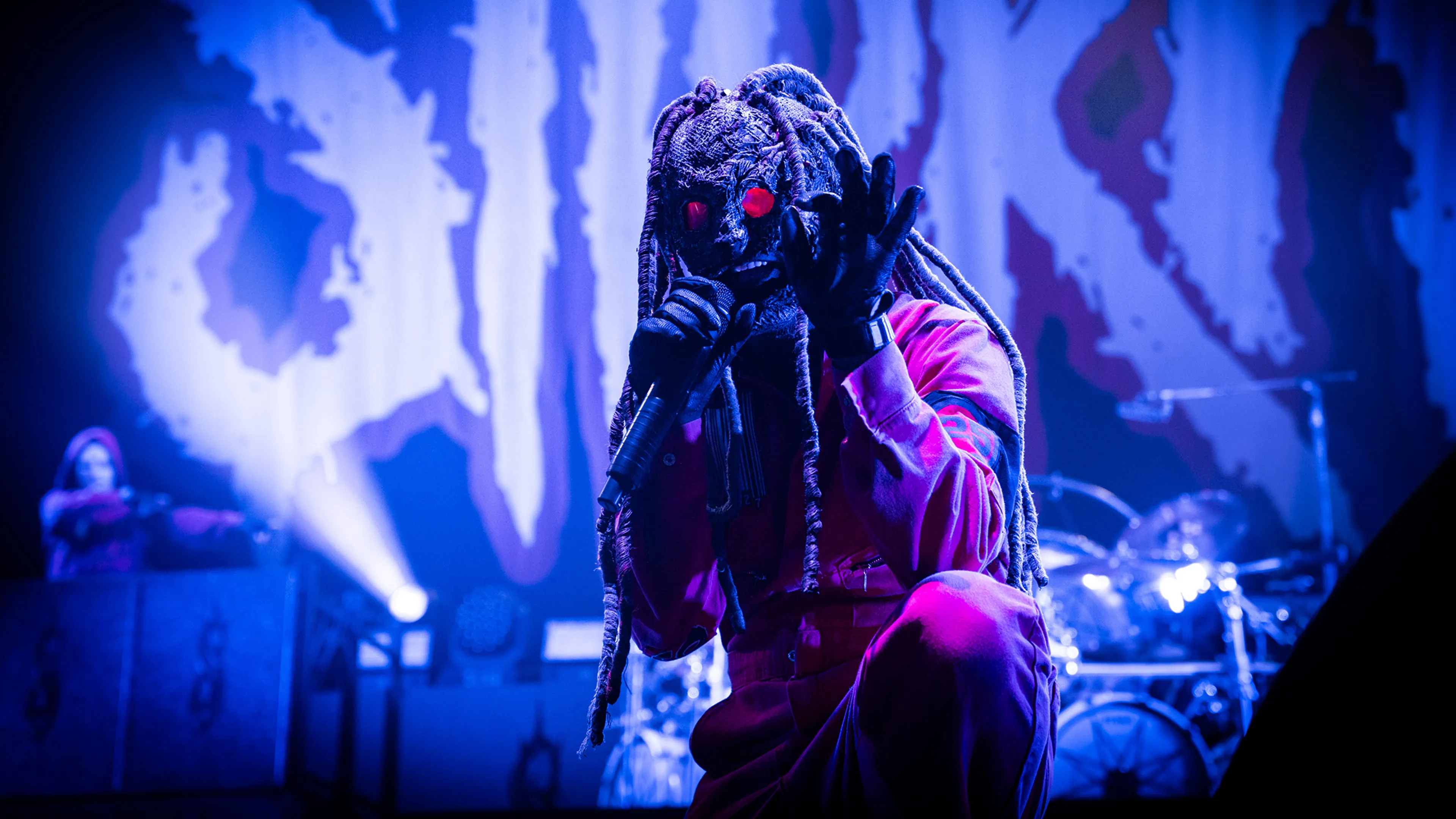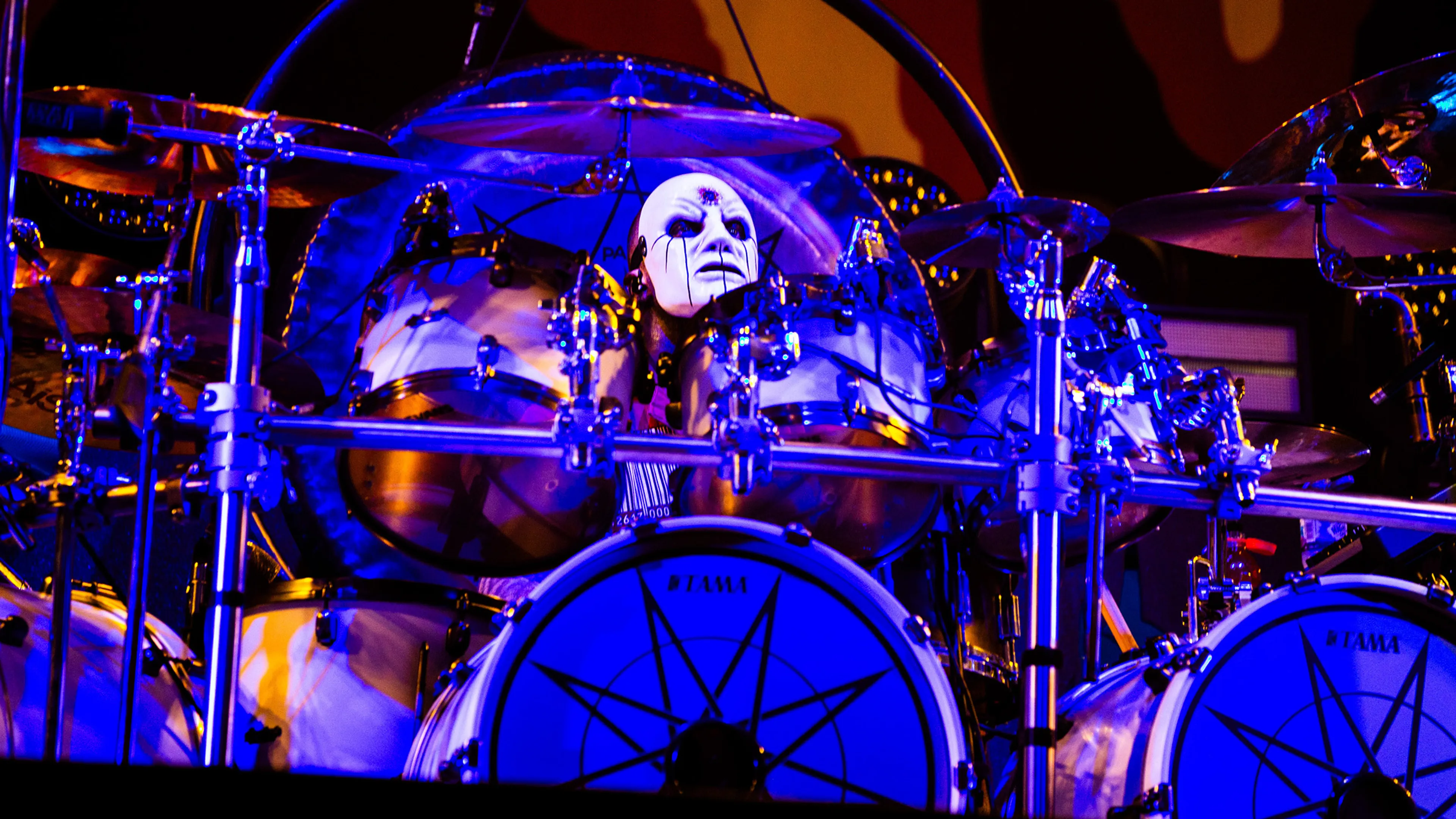What happened was this: Slipknot became one of the biggest and most influential metal bands of their time. Certainly, nobody else raged with such euphoric hate as they could. With a UK Number One album in Iowa, and with its two follow-ups, 2004’s Vol. 3: (The Subliminal Verses) and 2008’s All Hope Is Gone, keeping them on a commercial high, Slipknot still balanced success with danger. Even when, in 2009, they finally ascended to headline Donington’s Download Festival, their attitude remained the same.
“We got together, the whole backstage cleared out, and we got into a total vendetta type of mood – it felt like 1999 again,” he told us of that moment. “We were like, ‘Fuck everyone!’ We went up and just fucking slayed. We looked out and we were in that vendetta mood, and all we saw was nothing but people smiling and having a celebration. People can see that with Slipknot, that’s what we write about, that’s what our band is. It is dark, but it’s to help people as well.”
This would prove to be true for those inside the band as well as the fans. Nobody could play like Joey. With most of their contemporaries such has Korn, Deftones and Linkin Park dealing in something slower and groovier, Slipknot’s diminutive drummer was like watching someone on fast-forward. Even players from the world of death metal, from where he had learned much of his speed and technique, seemed dull next to him. He wasn’t just fast – although he was, particularly with his feet – it was almost like he was trying to keep up with what was coming out of him, a firework that couldn’t be stopped once the fuse had been lit. “If you keep a baboon in a cage for 24 years, the beast has got some shit to work out when it’s released,” he said early on. “That’s us every night.”
Such were his talents that when Slipknot were in downtime, Joey found himself in demand. As a bonus, it was often from bands he loved: Korn, Rob Zombie, Norwegian black metallers Satyricon, industrial pioneers Ministry, to name but four. He was also the engine at the back of 2005's Roadrunner United album, in which he and equally prodigious Trivium frontman Matt Heafy celebrated the label's legacy with a set of songs on which artists from across Roadrunner's history came together.
“I never stop, and that’s a problem,” he explained. “I love music and I love my life and I love it all, y’know? I just love playing so much, because I don’t know what to do if I’m not. I’m a time-bomb, pretty much. It’s the only thing that makes me sane.”
